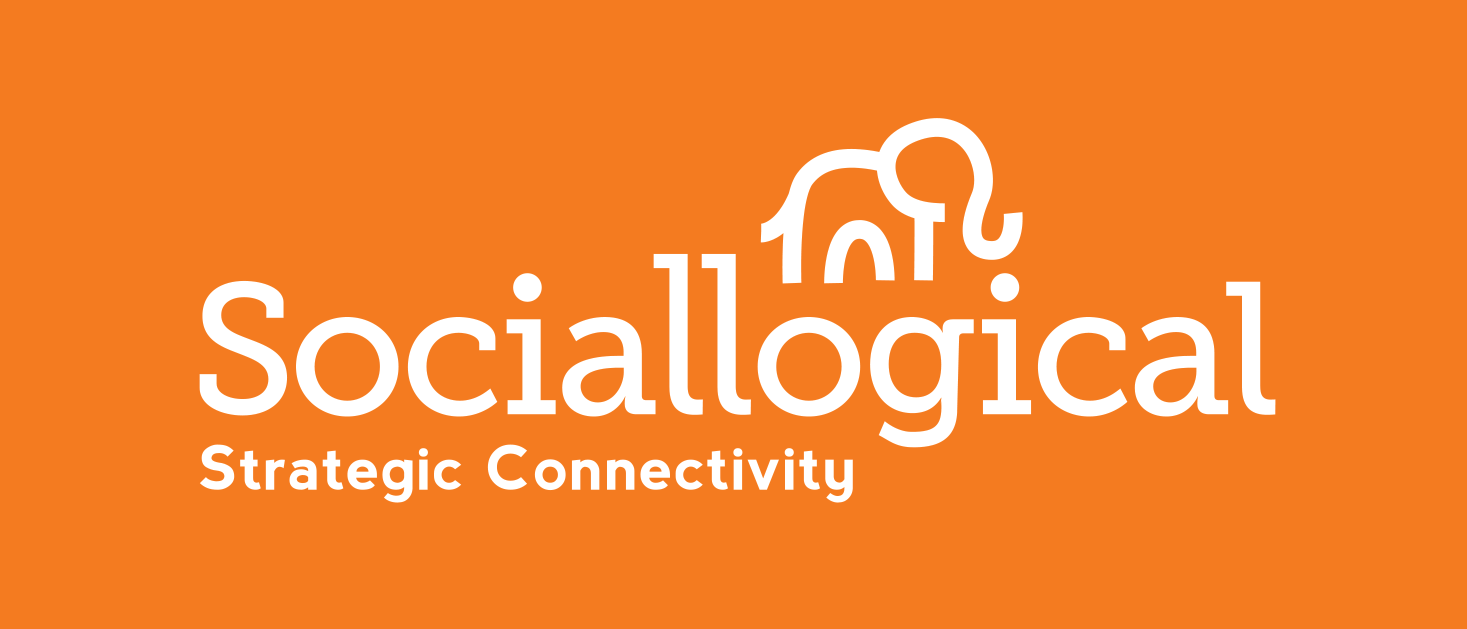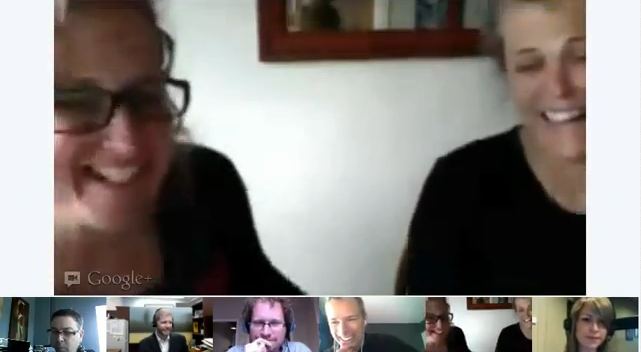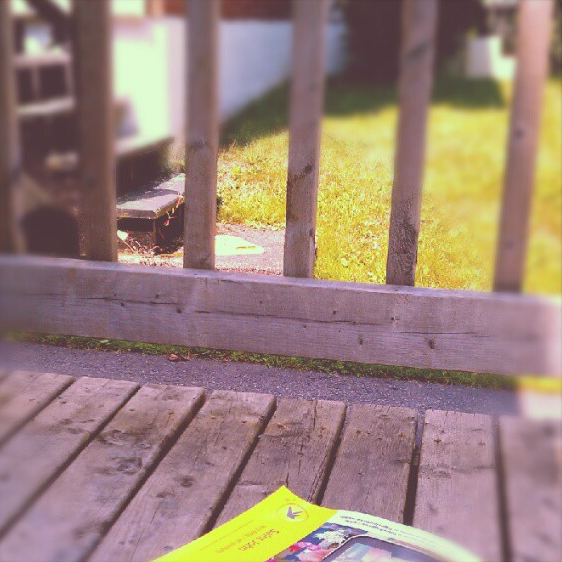 I had a very story-themed day earlier this week that reaffirmed for me that the best stories that any of us can tell are the ones we believe in, are connected to, and share with pleasure.
I had a very story-themed day earlier this week that reaffirmed for me that the best stories that any of us can tell are the ones we believe in, are connected to, and share with pleasure.
At a workshop focused on entrepreneurship in a new economy, the agenda followed Maslow’s Hierarchy of Needs and I presented during the Love and belonging part. As an entrepreneur entrusted to tell the stories of others for a living, love is foundational to how I approach my craft and run my business and I had a great time leading this workshop.
The morning workshops dealt with the themes of Physiology and Safety. After lunch was my bit on Love and belonging as well as Esteem. Then, to wrap up the experience, well into the night the group enjoyed a music party that celebrated the top of the pyramid: Self-actualization.
About thirty people attended my workshop. I first asked how many in the circle were entrepreneurs and close to ten owners raised their hands. I asked them each to take a few minutes to tell their story.
Having the opportunity for them to present themselves and explain what their small business provided was truly enlightening for all of us. If I did not ask these young entrepreneurs to share their story, there is a good chance the rest of the room would not have had the opportunity to know the incredible resources they had sitting around them.
Love Your Own Stories
The thesis of my presentation is that we must LOVE our own stories, and share our stories with the world. Our stories include:
- The stories of others - sharing the successes of a client, a vendor, or even a competitor
- The stories of products or services that will give value to your listeners
- The stories of yourself and or your team - always believe in the story you tell and don’t forget that you are the best in the world at what you do! And always tell your own stories with humility and without boasting.
When you share your stories, along with celebrating and sharing the stories of others, you form a supportive community that becomes an attractive magnet to others for more than just the information your stories transfer.
I left the workshop happy that I could share my story by encouraging others to love and share their own.
I jumped into my Dodge Caravan (yes there is a great story behind my choices of vehicles) and turned my satellite radio to the Grateful Dead Channel. The song that was playing was titled “The Greatest Story Ever Told”. I smiled as this song title validated my own story.
My story is centered around my mission to remind people, teams, brands and movements that their stories are relevant. My ambition is to empower people to share their relevant stories to the world with passion and effectiveness.
If a storyteller loves and believes in their own stories - and authentically (and humbly) shares them as if they are the greatest stories ever told - they will have engaged listeners. And engaged listeners are what brand evangelists and loyal customers are made of.
What stories can you tell on demand with pleasure?



 The story of your business - how it came to be and why you are in business today - is a mountain of personal connections and powerful marketing that you can build on. Until you build your brand on your own stories, you’re not building the social capital that you need to market yourself in the internet age. And until you realize the power of storytelling in all styles and formats then you may be missing out on an opportunity to create powerful community.
The story of your business - how it came to be and why you are in business today - is a mountain of personal connections and powerful marketing that you can build on. Until you build your brand on your own stories, you’re not building the social capital that you need to market yourself in the internet age. And until you realize the power of storytelling in all styles and formats then you may be missing out on an opportunity to create powerful community.














